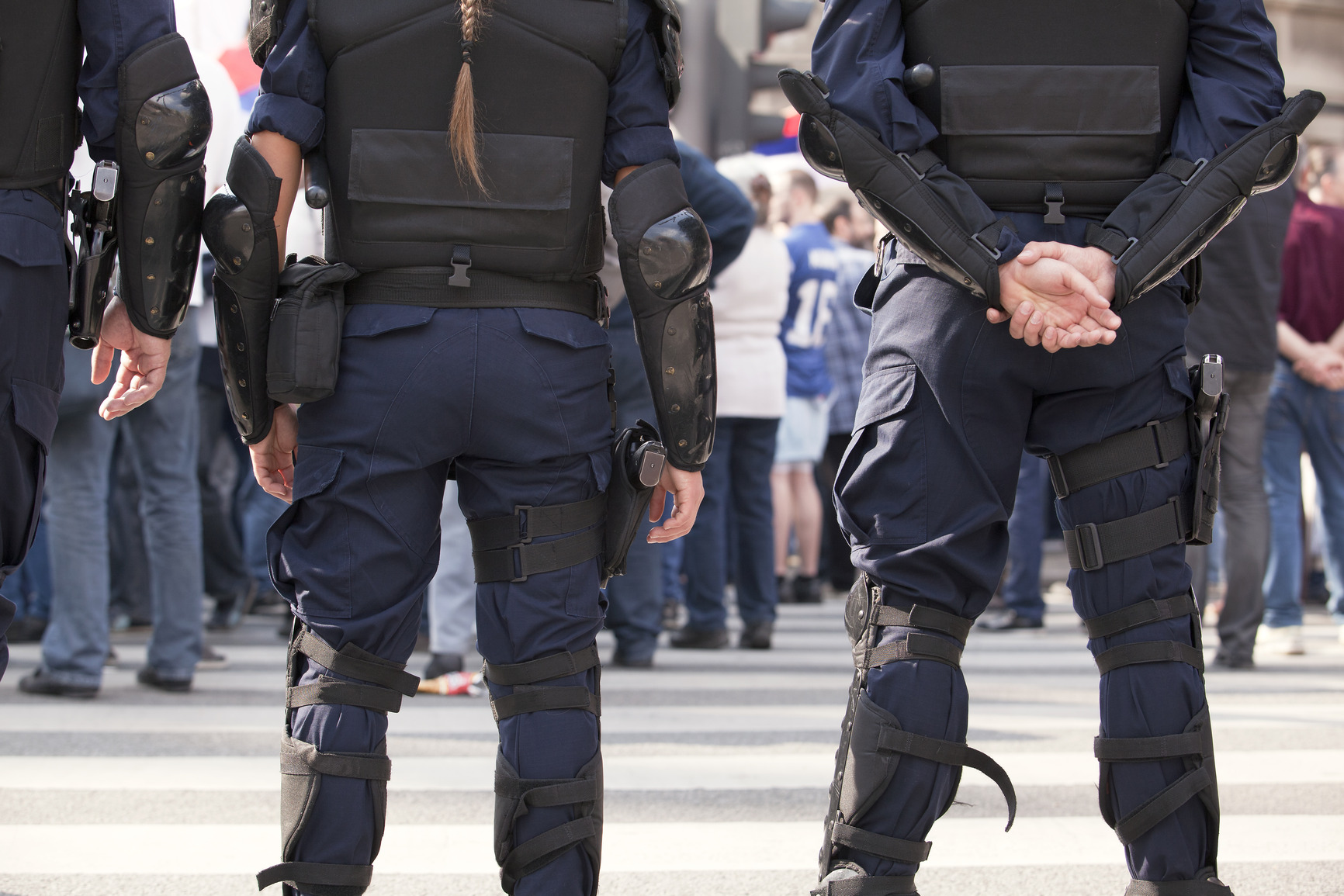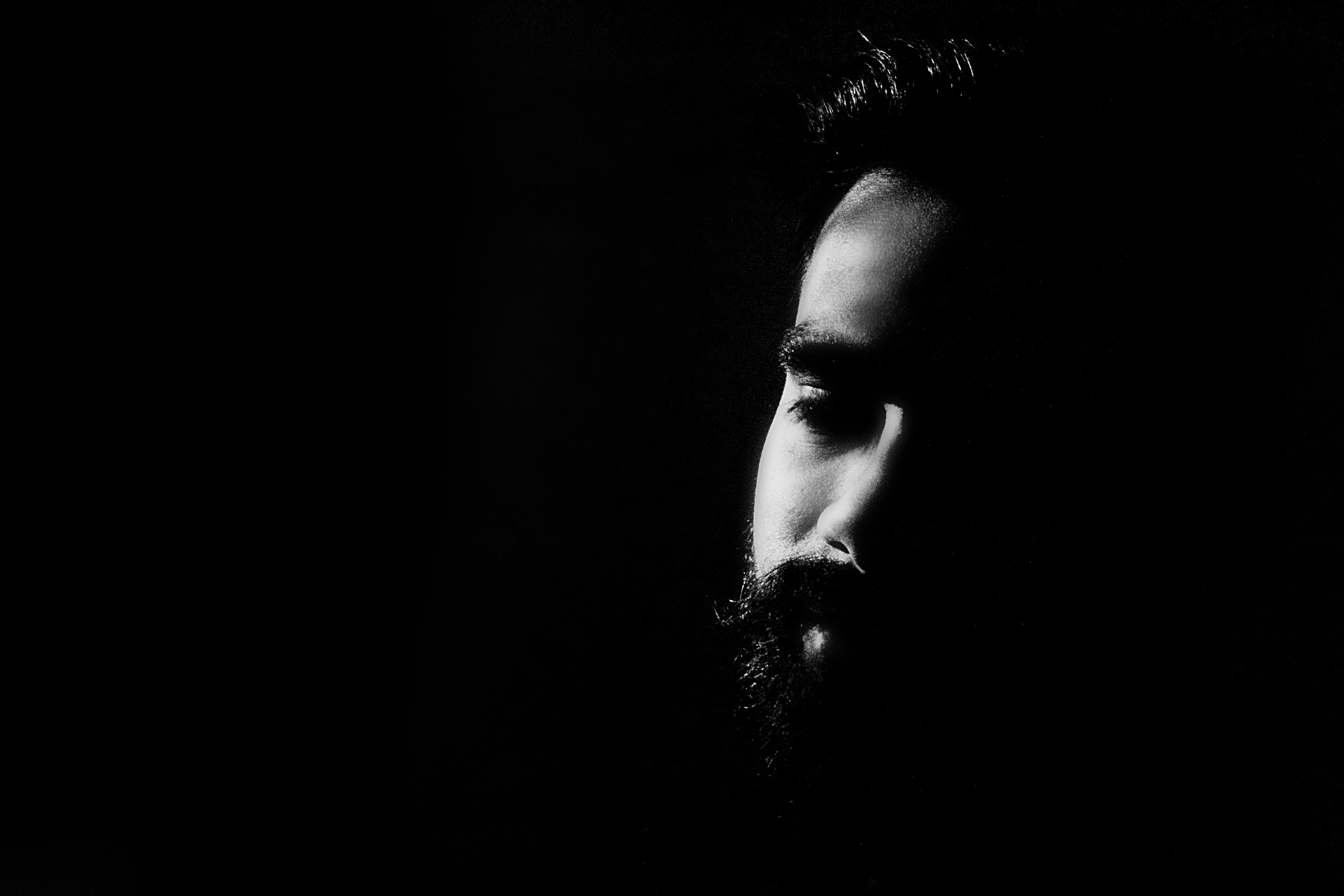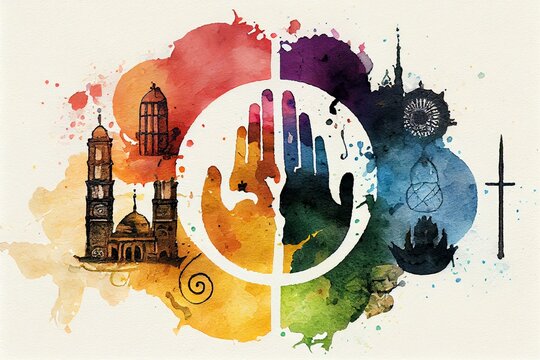Reckless politicians and my Muslim daughter’s dreams
By Jennifer Zobair
In 2012, while Barack Obama and Mitt Romney were running for president and I had just sold my debut novel to St. Martin’s Press, my daughter and I found ourselves in front of the television one night watching election coverage. When Romney appeared on screen, she turned to me and said, “He would hate your novel.”
She was eleven at the time, and as I am apt to do when she says something unexpected and precocious, I laughed. And then I asked why she thought he would hate my novel—a book she had not read but had heard me discuss.
“Because it’s about Muslim women, and one of their friends is gay,” she said, “and Mitt Romney hates Muslims and gay people.”
However Mitt Romney would characterize his feelings about Muslims or gay people, that was how my daughter perceived his public rhetoric and positions. And suddenly, I wasn’t laughing.
My daughter has always been a feminist with an avid interest in politics. When she was nine, she objected to the use of the word “woman” because it was derivative of the word “man.” For her, the implication was that women had no independent existence. The following year, she read a book about the women’s suffragist movement that described women being arrested for trying to vote, and having their heads bashed against the concrete floor in jail. When I found myself sick on Election Day a few months later and wondered if I could make it to the polling place, she stared at me with her hands on her hips and her eyebrows raised.
“What is worse,” she asked pointedly, “being sick or having your head bashed against a concrete floor?”
I went to vote.
In 2008, even though the other members of our household were in the tank for Obama, my daughter was a diehard Hillary Clinton supporter. When I put my “Women for Obama” bumper sticker on the back of my car, she put a Hillary sticker on the back of her battery-operated Barbie Jeep. She wore Hillary pins, wrote emails to Hillary, donated money to Hillary’s campaign, and did her best to convince the rest of us that we were supporting the wrong candidate.
She was understandably disappointed when Hillary pulled out of the race. In fact, she was devastated. But then she saw a silver lining: Hillary’s withdrawal meant that my daughter could still be the first female president of the United States.
I loved that it was so effortless for her to believe she could be president. In that moment, I remember being incredibly relieved that the horrible things some people said about Obama and his father and his step-father and his middle name had not filtered down to my daughter. But realistically, I knew eventually they would.
In 2008, General Colin Powell addressed this polarizing rhetoric within his Republican party on “Meet the Press.” Powell responded to the persistent questions about whether Obama was a Muslim, and said the answer was no, that he had always been a Christian. But Powell went on to say the real answer was so what if he were a Muslim.
“Is there something wrong with being a Muslim in this country?” Powell asked. “Is there something wrong with some seven-year-old Muslim kid believing that he or she could be president?”
Powell went on to invoke the photograph of a mother with her head on her twenty-year-old son’s headstone at Arlington National Cemetery. The headstone showed that the soldier had been awarded the Bronze and Purple Stars. At the very top of the headstone was a crescent and a star.
“His name was Kareem Rashad Sultan Khan and he was an American,” Powell said.
When she was eight, and still somewhat insulated from the things candidates and their supporters said, my daughter reflexively believed she could be president. By eleven, she knew there were people who were positive she could not be president because of her religion, who saw her as “other,” or “less than.” Now, at fourteen, even though she thinks she’d rather be a doctor, she still doesn’t doubt for a minute that she could be elected president of this nation.
In the most secret part of my heart that I do not show her, I wonder how long this strong, brilliant, beautiful Muslim girl will believe she can be president. My concern is, of course, not about actual political aspirations. It is about her ability to grow up believing that neither her gender nor her religion limits her or makes her a second class citizen in this country. In short, it is about her ability to feel fully American. The sad truth is that the political climate in this country is no less polarized on the issue of Muslims now than it was in 2008 or 2012. And as we head into another presidential election cycle, I want to shake the politicians and tell them to be careful of my daughter.
She is watching. Please. Be careful what you do to her.
Unfortunately, the ones to whom I want to say it probably wouldn’t listen. So to them—and any politician who would marginalize Muslim children and stomp all over their dreams for the sake of political expediency—I’ll say this instead:
I hope my daughter runs against you one day.

















2015
858 views
views
0
comments